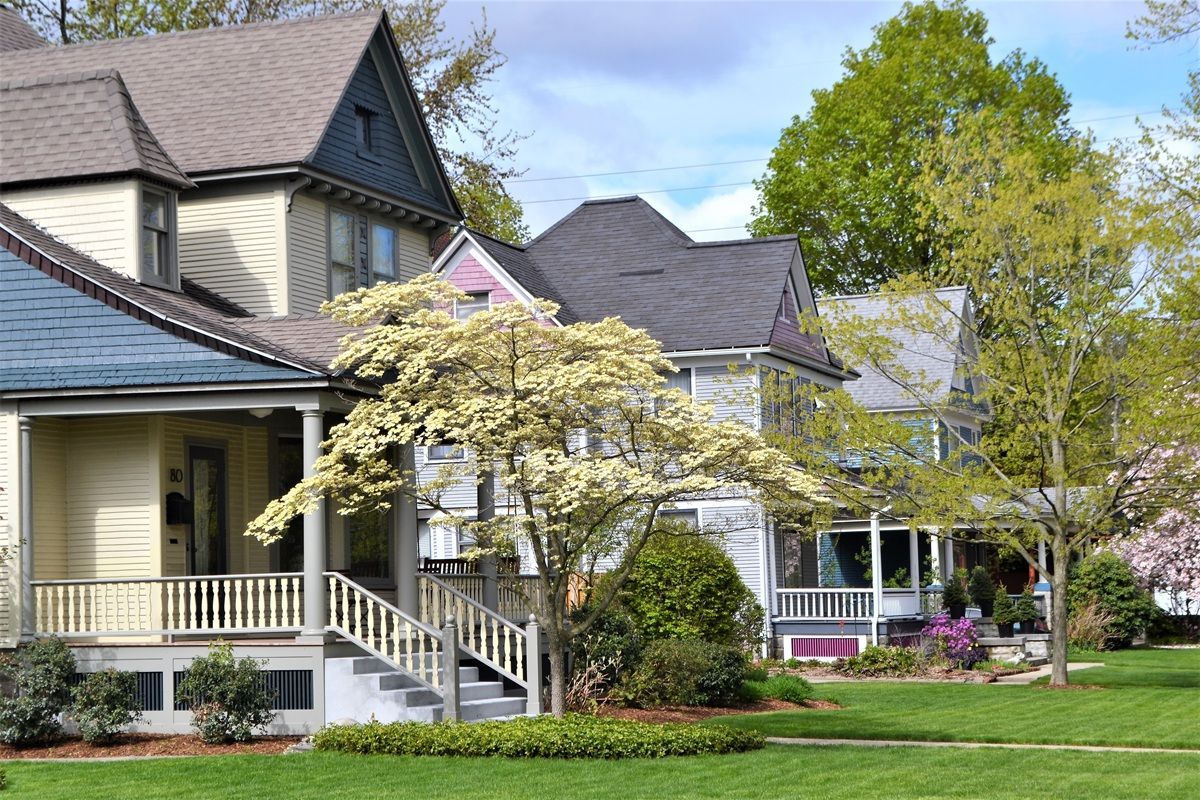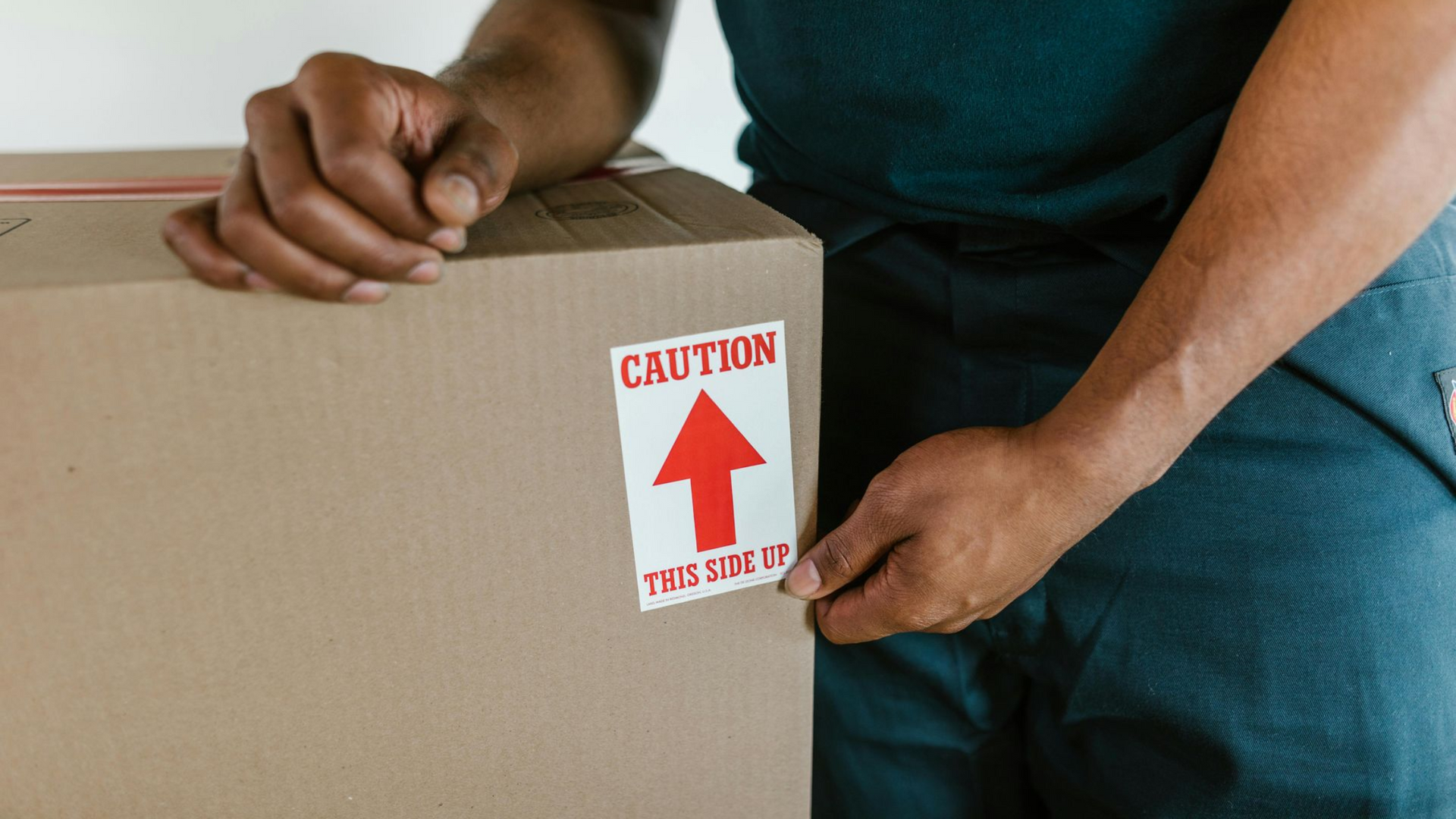By Dawn Duerksen
•
December 19, 2025
Entering the rental market as a first-time landlord requires preparation, especially in Oregon’s highly regulated market. Oregon has detailed rental regulations, unique leasing cycles, and strong resident protections. Understanding these expectations early helps you protect your investment and support a positive rental experience. At D&A, Inc., we have guided local property owners through these decisions for decades. Our approach is steady, informed, and rooted in long-term relationships throughout Corvallis, Albany, and Philomath. Learning about Oregon landlord laws , market trends, and best practices prepares you for the work ahead. It also builds confidence as you begin renting a house out for the first time. With clear systems and a thoughtful plan, first-time landlords can avoid setbacks and create a stable rental business. Understand Oregon’s Rental Laws Before You List Your Property Oregon’s rental environment is shaped by laws that affect pricing, documentation, communication, and the overall landlord-tenant relationship. Understanding these laws early helps first-time Oregon landlords avoid avoidable conflicts and maintain a fair, compliant process. Oregon Rent Control and Annual Increase Caps Oregon limits annual rent increases to a statewide cap that changes each year. Knowing this number is important before renewing a lease or advertising future rent. Landlords benefit from reviewing state updates each fall, since unapproved increases can lead to violations or required rent refunds. Oregon Rules for Ending a Tenancy After a resident has lived in the property for 12 months, Oregon does not allow no-cause evictions. Instead, landlords must follow just-cause rules, document the reason, and issue proper notice. This affects planning, especially if you expect to renovate, move into the property, or change leasing strategies. Oregon Security Deposit Laws Oregon security deposit laws require written move-in condition reports, which serve as the basis for any deductions at move-out. Returning the deposit within the legal timeline is also essential. Clear documentation prevents disputes and helps landlords create a transparent process for residents. Why Compliance Matters Understanding Oregon landlord laws supports smoother communication and reduces errors that could lead to legal issues. Compliance also gives residents confidence in their housing experience, which contributes to longer tenancies and improved property stability. Set the Right Rental Price in Corvallis, Albany, and Philomath Setting a competitive and accurate rental price is one of the most important decisions a new landlord makes. Oregon’s rental market is highly local, which means pricing must reflect neighborhood trends and seasonal shifts. Local Pricing Differences Across the Region Benton County and Linn County each have their own rental patterns. Homes near services, schools, and transportation typically lease faster. Condition and layout also influence pricing, especially in areas with diverse housing stock. University Leasing Cycles Corvallis rental demand changes with the Oregon State University calendar. Properties listed during peak student housing periods receive more inquiries and lease more quickly. Homes listed outside these windows may experience longer vacancies. Why Accurate Pricing Matters Accurate pricing reduces vacancy time and ensures your property earns what it should. Overpricing often results in fewer applications and extended turnover, while underpricing reduces your long-term return on investment. A local rental analysis helps first-time landlords avoid these issues and make informed pricing decisions. Request a free rental estimate for your property now → Prepare Your Home for the Oregon Rental Market A well-prepared home sends a clear message about your expectations and helps you attract qualified applicants. Investing time in property preparation also reduces early maintenance issues, which supports a better experience for new residents. Steps to Prepare a Rental Property Many first-time landlords begin by addressing safety-related repairs, updating aging systems, and completing a thorough deep cleaning. Small details such as modern lighting, fresh paint, and well-functioning appliances can make a noticeable difference in applicant interest. Make sure all doors, locks, windows, and smoke alarms work properly to support compliance and set a strong foundation. The Value of Proactive Work Homes that are updated and maintained consistently tend to lease faster and experience fewer preventable issues during the first months of tenancy. This aligns with D&A’s Turnover Transformations philosophy, which focuses on improving long-term investment performance through intentional preparation and property care. Create Fair and Objective Tenant Screening Criteria Screening is one of the most important steps for a first-time landlord, and Oregon has clear rules on what you can evaluate. A fair and objective process supports better applicant outcomes and helps you reduce risk. Why Written Criteria Matter Written screening criteria help you apply the same standards to every applicant. These standards can include income requirements, credit history, rental references, and other reliability indicators. Having written guidelines protects you from disputes and supports compliance with Oregon tenant screening laws and Fair Housing requirements. The Role of Professional Screening Professional screening services offer detailed reports and consistent evaluation tools. They help identify reliable applicants without exposing landlords to common screening errors. Many new landlords appreciate the structure and clarity a screening service provides, especially during their first leasing cycle. Understand Oregon’s Lease Requirements and Documentation A strong lease protects both the landlord and the resident. Oregon requires certain disclosures, updated language, and specific terms that must appear in every rental agreement. What Belongs in a Compliant Lease Your lease should include payment expectations, maintenance responsibilities, communication guidelines, and all required notices. A thorough lease prevents misunderstanding and gives both parties a clear reference point throughout the tenancy. Keeping Documents Current Oregon’s rental laws change frequently, and many first-time landlords are unaware that older lease templates may no longer meet current requirements. Reviewing and updating documents each year helps you remain compliant and reduces the risk of overlooked legal obligations. Managing Maintenance Obligations and Response Expectations Property maintenance is a core responsibility of every landlord. Oregon’s habitability standards require timely responses and proper upkeep. Habitability Requirements Landlords must ensure safe and functional heating, plumbing, roofing, electrical systems, and overall structural integrity. Meeting these standards consistently is essential for resident safety and legal compliance. Urgent vs Routine Maintenance Urgent issues, such as a lack of heat or a major plumbing leak, must be addressed quickly. Routine repairs should still be handled within a reasonable timeframe. Setting clear expectations with residents helps support smoother communication and reduces frustration on both sides. Long-Term Value Routine care not only satisfies legal requirements but also extends the lifespan of property systems and reduces emergency repair costs. D&A supports this with licensed contractors and around-the-clock emergency assistance for unexpected issues. Financial Responsibilities First-Time Landlords Often Overlook Managing a rental home involves more than collecting rent. Planning for expenses helps protect your long-term return on investment . Common Budget Items New landlords should plan for: Maintenance and unexpected repairs Capital improvements Insurance and taxes Turnover costs Budgeting for these items helps you prepare for seasonal changes and market shifts. The Importance of Reserves Reserves create stability and protect you during months with unexpected expenses. They also support responsible long-term planning. Transparent Reporting Detailed reports help you monitor income, expenses, and long-term performance. At D&A, our monthly reporting system is designed to give owners a clear and consistent view of their property. The Unique Challenges of Renting in a University-Driven Market Like Corvallis University markets operate differently from traditional rental environments, and understanding these differences helps first-time landlords plan ahead. Before listing your property in Corvallis, keep these factors in mind: Fast Leasing Windows: Demand rises sharply during specific months tied to the Oregon State University calendar. Being prepared to list during these periods can reduce vacancy time. Higher Communication Needs: Residents in university-driven markets often expect timely updates, clear maintenance responses, and consistent communication. This helps support smoother tenancy. Importance of Local Expertise: Local teams understand the timing, patterns, and expectations of university cycles. This insight helps landlords avoid missteps and maintain steady occupancy. Keeping these dynamics in mind helps new landlords stay responsive and better aligned with the Corvallis rental market . When to Consider Working With a Local Property Management Partner Managing a rental property involves frequent decisions, ongoing communication, and close attention to compliance. Many first-time landlords choose a management partner to support these responsibilities. What a Professional Property Manager Provides A professional team helps with: Screening and leasing Maintenance coordination Legal compliance Accounting and reporting A reliable partner helps you stay ahead of challenges and protect your investment. Build a Stable Foundation as a First-Time Landlord With D&A, Inc. Being a first-time landlord in Oregon is a meaningful responsibility. When you understand the laws, prepare your property well, and maintain clear communication, you set the stage for stable returns and positive resident relationships. D&A, Inc. has supported property owners in Corvallis, Albany, and Philomath since 1978. We help new landlords create strong systems, stay compliant, and manage rental homes with confidence. Meet with our investment team to get a free rental estimate and learn more about your property’s earning potential.









